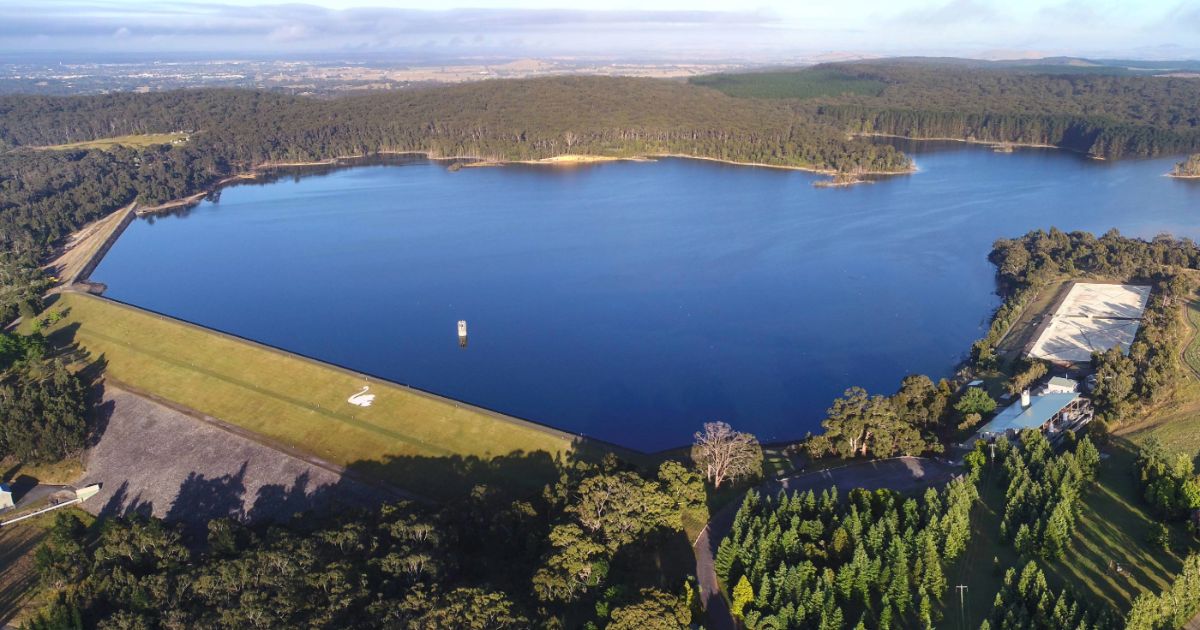From the desk of Roland Rocchiccioli – 14 November

In memory: The bronze statue, Cobbers, at Fromelles, features a soldier from western Victoria carrying a fallen comrade from the field at the Battle of Fromelles. Photo: SUPPLIED
War is not the opposite of peace. War is a breakdown of civilisation. War is what happens when language fails, and leaders deliberately lie to the people.
THEY said World War One – the Great War – was the war to end all wars. The hostilities which led to the conflict started with the assassination in Sarajevo of the Archduke Franz Ferdinand on June 28, 1914. It would, they told the soldiers, be over by Christmas. Across Europe, the lights went-out.
From Australia, a fledgling fighting-force – the men of the AIF or the Australian Imperial Force – from the newly formed Federation, left our shores to join-in the fight to protect our freedom. They went to countries, the locations of which they struggled to pinpoint on a map of the world, but they were not daunted. They believed in the cause, absolutely – and relished the opportunity for a knockabout adventure. They went eagerly – with a light-hearted swagger and smile on their lips. They heard it, over and again, “It’ll make a man of you!” And it did. They left as light-hearted, young men, and those who were lucky enough to came home were raddled, and suffered forever the horror in silence
The most significant theatre of the Great War was the Western Front – in France and Belgium – it was there that the great battles were fought: Fromelles (the first major battle fought by Australians), the Somme, Bullecourt, Messines, Passchendaele, and Ypres, with its Menin Gate; and where the remains of 90,000 British and Commonwealth officers and soldiers are buried in the Ypres Salient battlefields, all denied, by the fortune of war, the known and honoured burial given to their comrades in death.
In Villers–Bretonneux, the razed school was rebuilt using donations from the children of Victoria – many of whom had relatives who died in the battle to liberate the town. There is an inscription above every classroom blackboard. It reads: N’oublions jamais Australie – Let us never forget Australia.
The French Government, and the people of France, have never abandoned the Australian soldiers who laid down their lives fighting for the liberté de France, which makes the current acrimony between France and Australia truly regrettable.
The Armistice was signed at 11 o’clock on the morning of 11 November 1918, at Le Francport near Compiègne in northern France, ending all fighting on land, sea and air between the Allies and their last remaining opponent, Germany.
Officers had their watches in their hands, and the troops waited with the same grave composure with which they had fought. As watch hands reached 11, there came a second of expectant silence, and then a curious rippling sound, which observers far behind the front likened to the noise of a light wind. It was the sound of men cheering from the Vosges Mountains in northern-France across to the English Channel.
In the worst traditions of war, some commanders ordered the fighting to continue throughout the morning, “Don’t shoot to kill – just fire over their heads”, leading to the criticism that 2738 men died needlessly in the last few hours of the war.
As the word of peace spread, across the world churches bell rang-out with a peal of joy. After four devastating years of blood and mud – we came, at last, to the end of the long, long trail, and out of the darkness and into the crystal-clear light of a new – but some would say not necessarily – a better world.
The battlefields of the Western Front were stained, and the beaches of Gallipoli ran red, with the blood of up to ten million men and women who’d fallen in action.
In a spirit of reconciliation Ataturk, and his Turkish people, held-out the hand of compassion, and embraced the souls of our dead youth:
“You, the mothers who sent their sons from far away countries wipe away your tears, your sons are now lying in our bosom and are in peace. After having lost their lives on this land they become our sons as well.”
Another 20-million or so had died through the hardships of war. In the jubilation they could not have realised that in just 21 years Germany would spark the tinder box, and the world would, again, be at war.
In Flanders’ fields the poppies blow…
Lest We Forget.
Roland can be heard with Brett Macdonald each Monday morning 10.30am radio 3BA and contacted via [email protected].


















